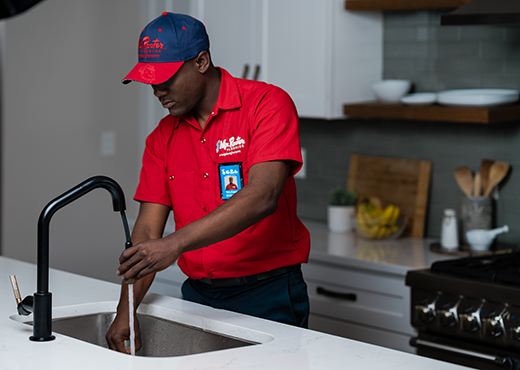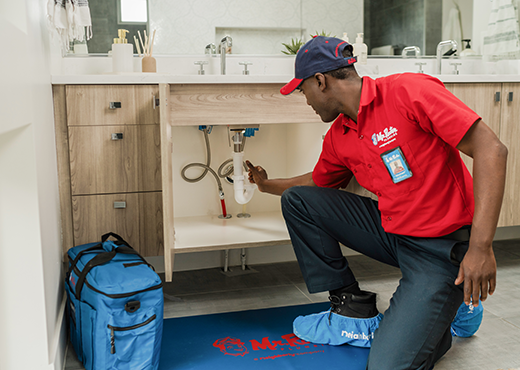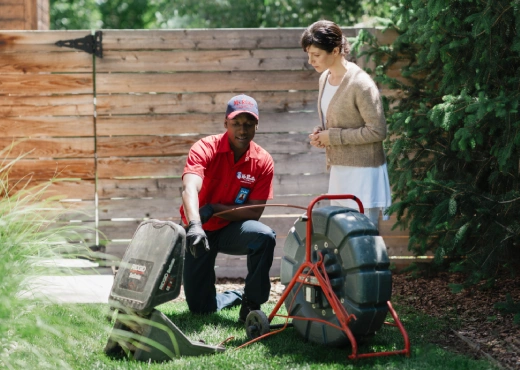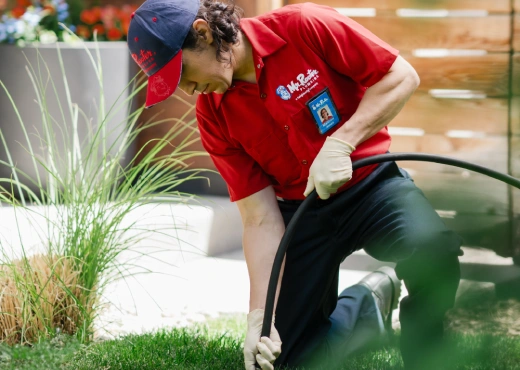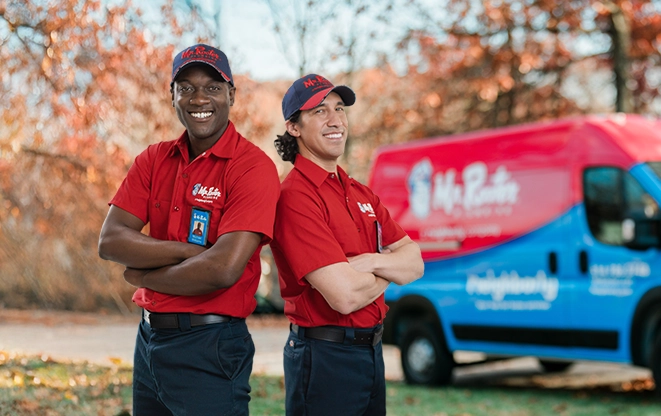Whatever Dayton plumbing issue or emergency you may have, we know that we're up to the job. From common plumbing issues to serious emergencies, we can help.
Need professional plumbers in Dayton, OH? Call us or contact us online today. We're licensed and offer 24/7 service.

